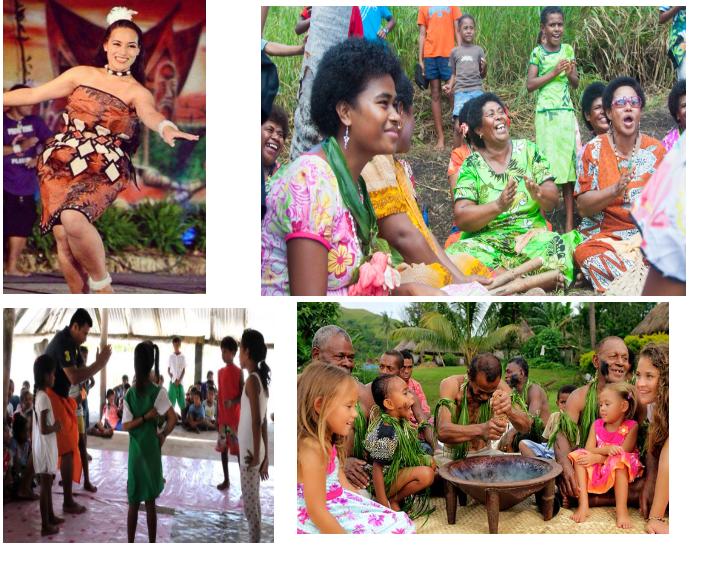Change has always been a part of Pacific knowledge systems. Because the Pacific is so vast and residents are exposed to extreme conditions, they are constantly forced to adapt in order to improve their conditions. The issue of climate change (CC) is a more recent phenomenon that requires immediate action. Promoting climate action requires education. It provides people with the knowledge, skills, values and attitudes necessary to tackle the climate crisis and act as agents of change, helping them understand the climate crisis and its impacts. In Pacific SIDS, Climate change is most likely to affect those who have the most difficulty accessing information and education. Among these are children and adults, especially girls, women and people with disabilities, as well as members of poor families, indigenous groups, ethnic minorities, and communities living in countries with a high vulnerability to climate change. Partnership arrangements between NGOs have been used to engage vulnerable and marginalized groups in education based on traditional and cultural approaches. For example, Tonga, an island nation in the Pacific, considers Indigenous Knowledge, including dances, stories, songs, weather forecasting, agricultural practices, and governance systems, to be directly relevant to adapting to climate change. Integrating and utilizing Indigenous traditional knowledge approaches is inherently challenging, due to the fact that much of the knowledge is not recorded in documents but instead passed on through social interaction, such as telling stories. In an example from Fiji in the Pacific, Indigenous traditional knowledge was utilized for the identification of coastal native species that are suited to reduce erosion and reduce coastal flooding, as well as gaining historical knowledge from the area’s residents regarding past flood events and their impacts.
The IPCC Assessment noted that indigenous knowledge is “an invaluable basis for developing adaptation and natural resource management strategies in response to environmental and other forms of change. “Indigenous or traditional knowledge may prove useful for understanding the potential of certain adaptation strategies that are cost-effective, participatory and sustainable”. (Raygorodetsky, 2011)
